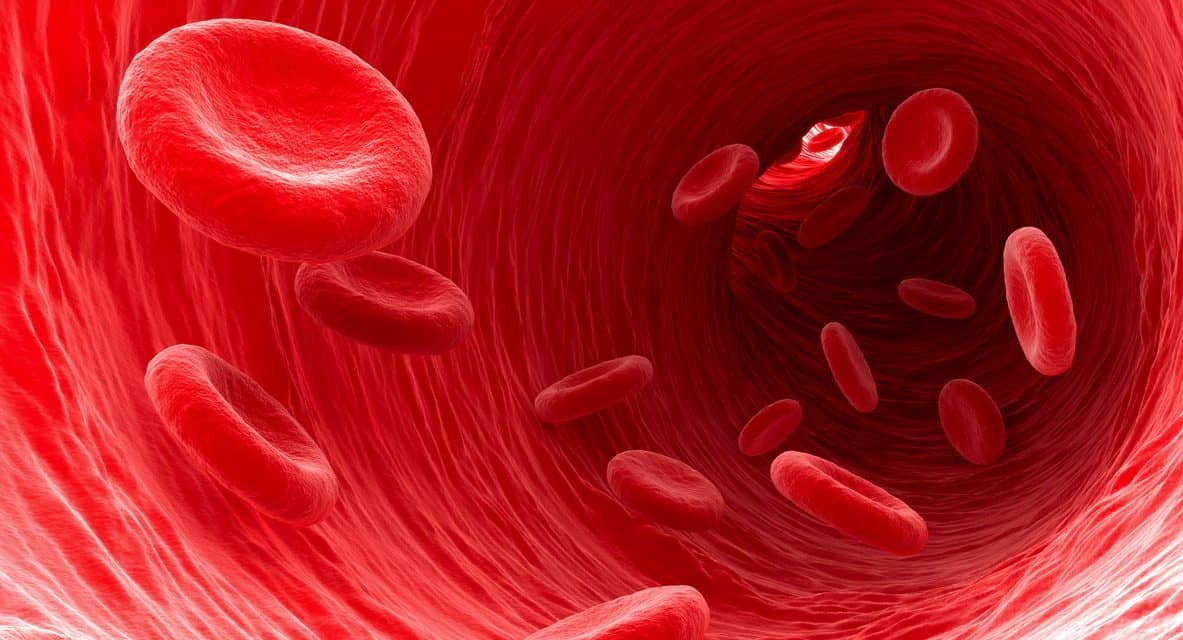Led by Professor Alfonso Jaramillo in the School of Life Sciences, new research has discovered that a common molecule — ribonucleic acid (RNA), which is produced abundantly by humans, plants and animals — can be genetically engineered to allow scientists to program the actions of a cell.
As well as fighting disease and injury in humans, scientists could harness this technique to control plant cells and reverse environmental and agricultural issues, making plants more resilient to disease and pests.
RNAs carry information between protein and DNA in cells, and Professor Jaramillo has proved that these molecules can be produced and organised into tailor-made sequences of commands — similar to codes for computer software — which feed specific instructions into cells, programming them to do what we want.
Much like a classic Turing computer system, cells have the capacity to process and respond to instructions and codes inputted into their main system, argues Professor Jaramillo.
Similar to software running on a computer, or apps on a mobile device, many different RNA sequences could be created to empower cells with a ‘Virtual Machine’, able to interpret a universal RNA language, and to perform specific actions to address different diseases or problems.
This will allow a novel type of personalised and efficient healthcare, allowing us to ‘download’ a sequence of actions into cells, instructing them to execute complex decisions encoded in the RNA.


